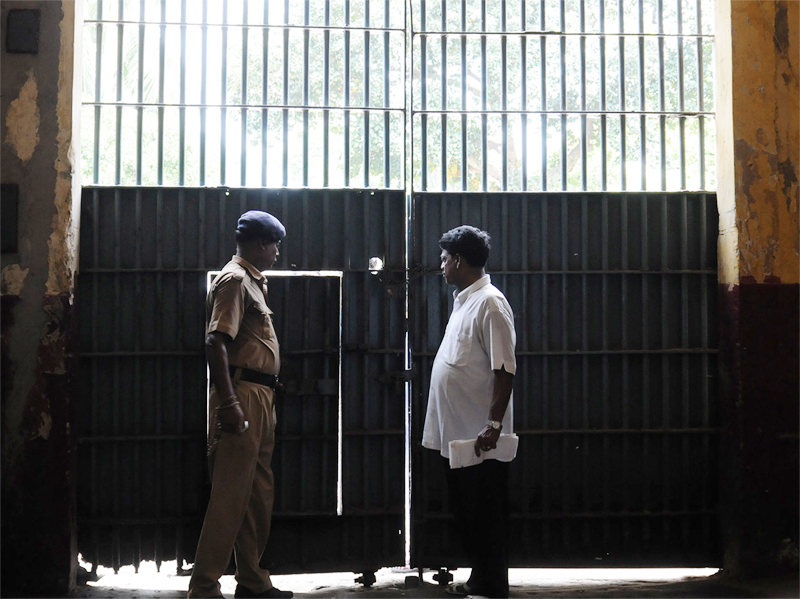Prison Reforms and Democracy

By Raja Bagga and Madhurima Dhanuka
(Raja Bagga is Senior Research and Advocacy Officer, CHRI, London. Madhurima Dhanuka is Programme Coordinator, Prison Reforms Programme, CHRI, Delhi.)
Democracy presupposes equality of individuals. Every individual has their say in how they are governed. They can exercise their freedom in their everyday lives, in where they live, who they want to live with, what they eat, who they desire and the list goes on. And yet, freedom of expression is not absolute. There are always ‘reasonable restrictions.’ The presence of these legal restrictions are to ensure that the actions of one does not interfere with that of another. And there are other restrictions or constraints – financial, cultural, political and social – which determine choices and actions.
These restrictions, in reality, are never reasonable, but just measures to wield power and ensure centralized control. Whose freedom is to be valued and whose is to be sacrificed is based on the class, caste, gender, ability and religion of the person. Given this context, democracy in many ways is not benign. The entire mechanism of who frames the rules, who is included and excluded, whose interests are prioritized, whose concerns are considered genuine and legitimate, who are allowed to question and who can be conveniently ignored – all these determine, or rather, are a function of power dynamics within a democracy...